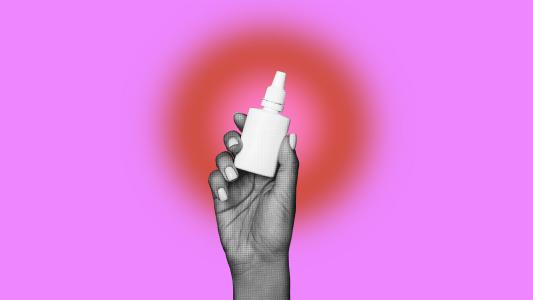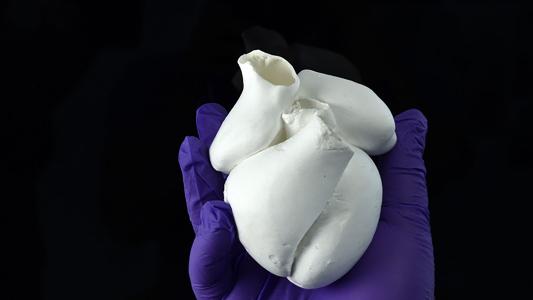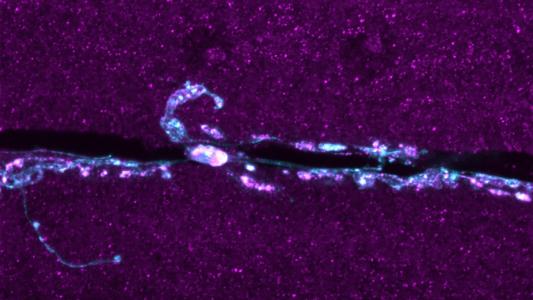Medicine
The Biden administration is preparing for legal psychedelics within two years
The Biden administration’s Department of Health and Human Services has sent a memo supportive of psychedelic therapies. What does that mean for the field?
ADHD drugs might also treat Alzheimer’s disease
Scientists reviewed 40 years of clinical studies that assessed the effects of NA-targeting drugs, such as certain ADHD drugs, on Alzheimer’s.
A cheap nasal spray cuts COVID-19 risk by 62%
A low-cost nasal spray co-developed by Oxford researchers could be the next powerful weapon against COVID-19.
Your genes may impact psychedelic experiences
UNC researchers have found evidence that the genetic makeup of a crucial receptor may impact your psychedelic experience.
Harvard scientists closer to solving centuries-old heart mystery
Harvard researchers have used a new method to crack the heart’s weird spiral muscle.
MIT engineers 3D-print rubbery brain implants that don’t “stab” the brain
How do you engineer an implant that doesn't harm an organ as soft as tofu? MIT engineers 3D-printed new soft brain implants.
How child mortality fell from 40% to 3.7% in 200 years
The collapse in child mortality rates is a testament to the tremendous benefits of scientific, technological, and economic progress.
Large study of 20,000 cats and dogs could help pets live longer
Mars Petcare has announced the opening of a massive biobank to study aging and pet diseases.
Potential cause of unexplained epilepsy cases uncovered
University of Arizona researchers have uncovered a protein that might be behind some epilepsy cases with currently unknown causes.
The first FDA-approved clinical trial of psilocin has begun
“This has never been done before,” says Filament’s CEO.









